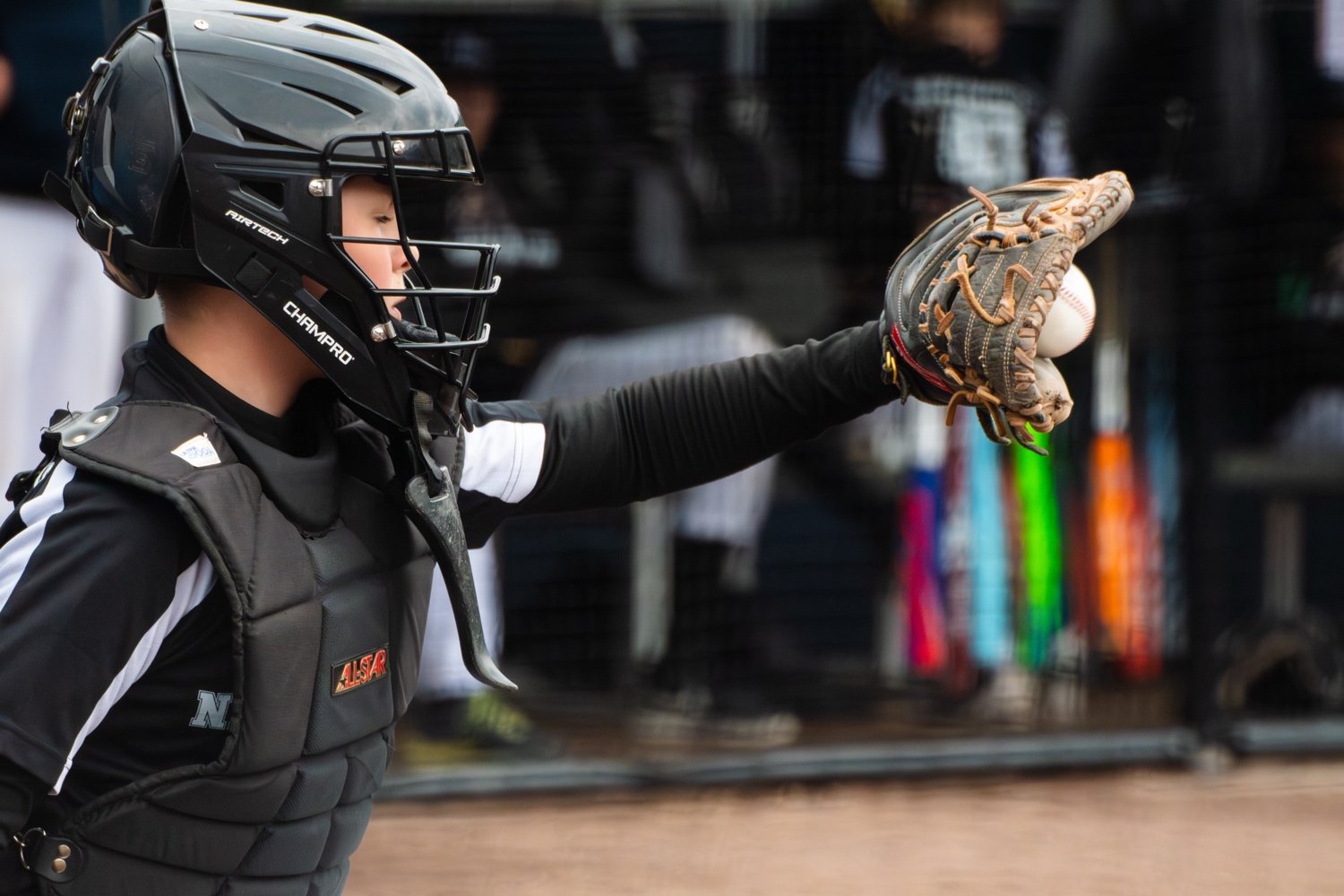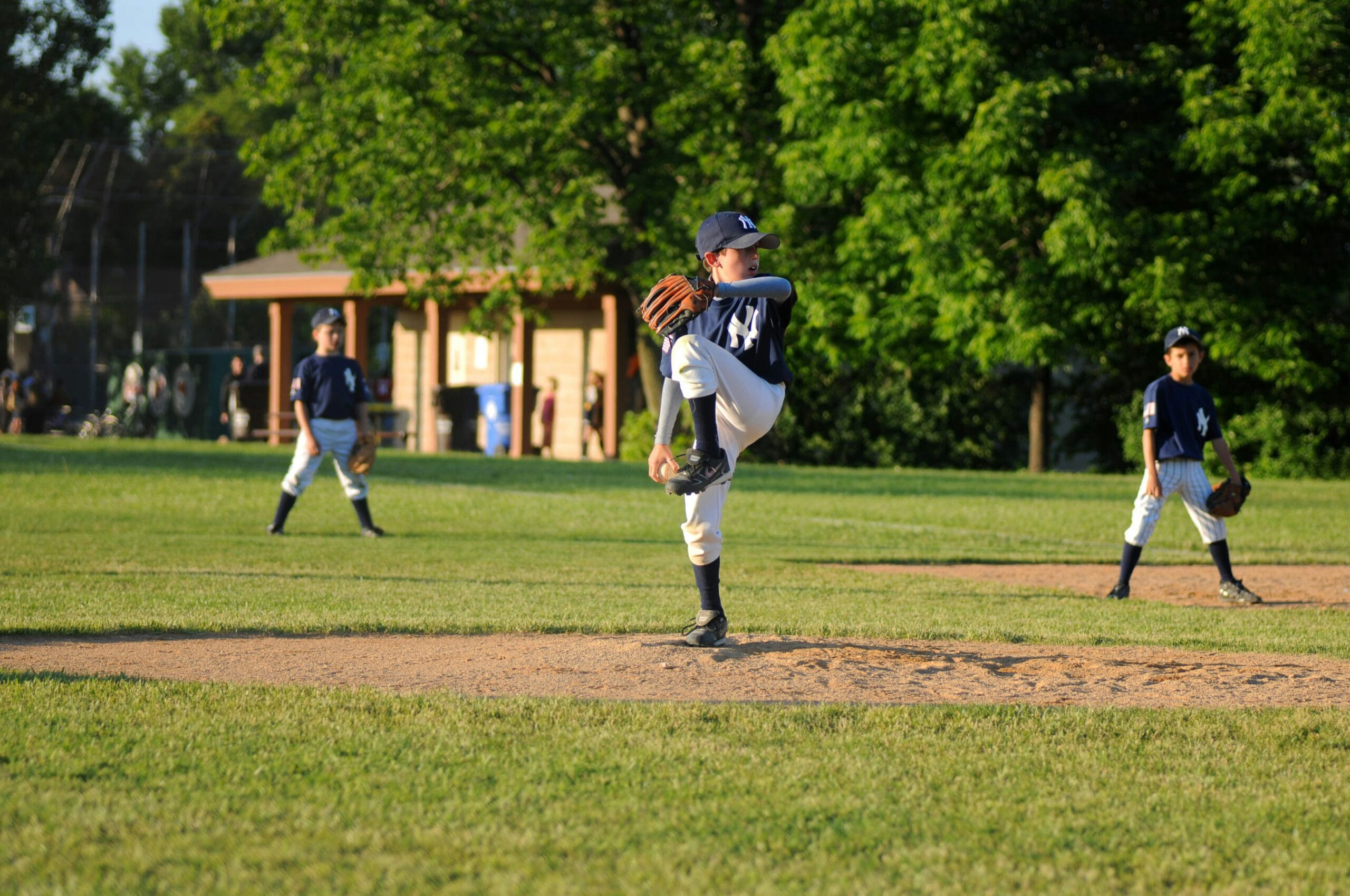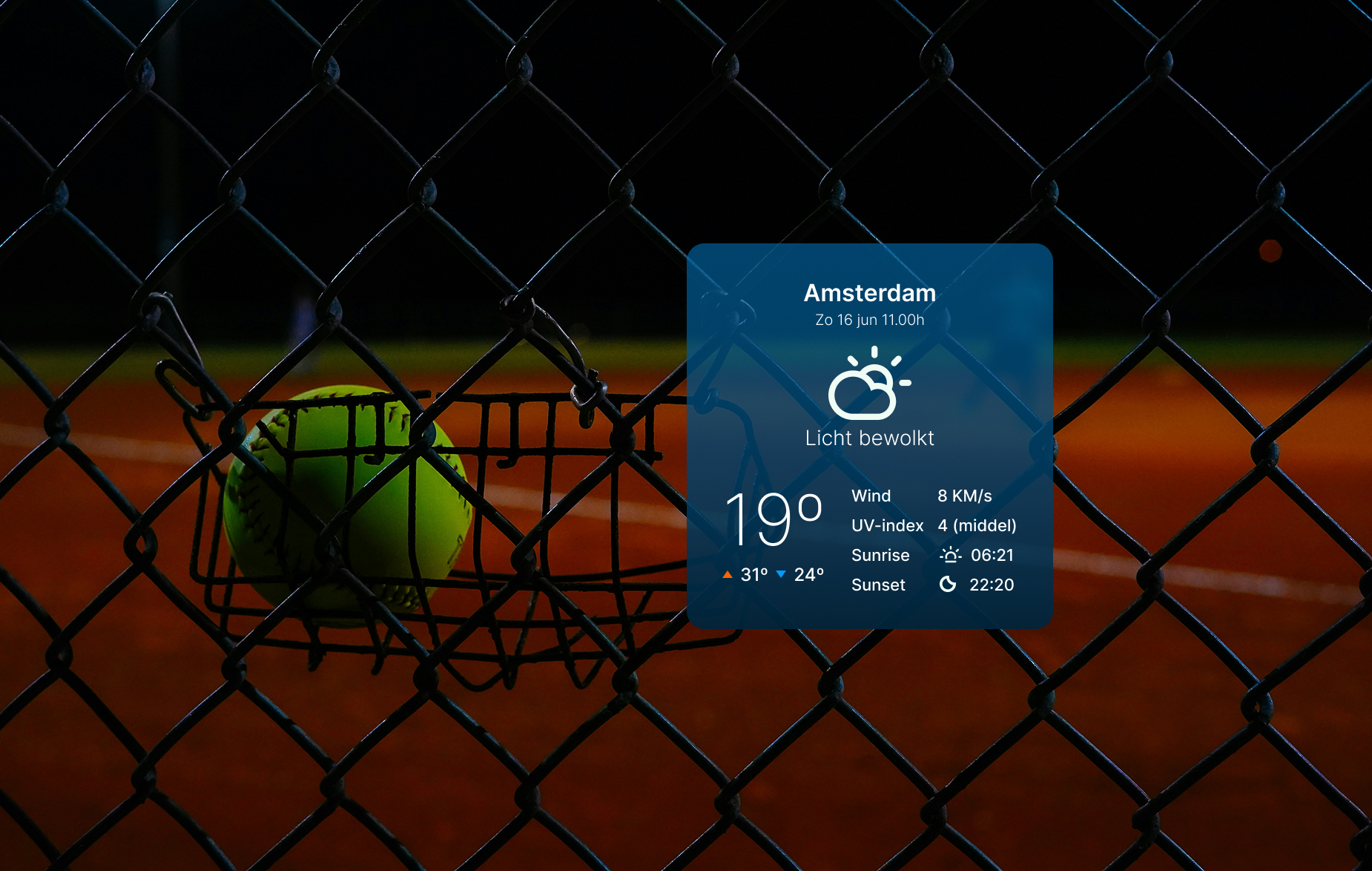Uncovering Technical Mistakes with Slow-Motion Video Analysis
Baseball Softball Training Technique Tips & Tricks
Slow-motion video analysis is a powerful tool for baseball and softball coaches. It helps highlight technical mistakes and gives players valuable insights to level up quickly. In this article, you’ll find practical tips for each position, recommended apps, and real-life examples.

Reinier Sierag
In baseball and softball, it’s all about the details.
A fraction of a second decides whether a hit connects, a pitch has control, or a throw arrives right on time.As a coach, you see a lot with the naked eye, but some mistakes still fly under the radar.Here’s where video analysis steps up to the plate — quite literally.Slow-motion video analysis is a powerful tool to spot and fix technical mistakes.Why slow-motion?
The human eye sees movement as one smooth flow.But when it comes to technical moves like pitching or hitting, every phase counts:
stance
weight transfer
arm action
the exact moment of release or contact with the ball
Slow-motion breaks down the movement and reveals mistakes that you might not catch during regular practice.Think about an early hip rotation, a flick of the wrist, or misplacing your feet on a throw.
Position-Specific Tips
Pitchers
With pitchers, you want to keep an eye on things likeon:
push-off: is the weight coming off the back leg properly?
arm circle: is the rotation smooth and in line?
release point: does the pitcher release the ball at the right moment?
follow-through: does he/she finish balanced?
📹 Tip: film from the side AND from behind the catcher.Use 120fps or higher for a clear result.
Hitters
When watching hitters, focus on:
stance and balance: is the batter stable and relaxed?
load and timing: is the bat properly ‘loaded’ on time?
hip rotation: does the body rotate in the right sequence?
contact point: is the player hitting the ball at the right moment?
🎥 Use a camera positioned at shoulder height, angled from the front or directly from the side of the batter.
Catchers and Fielders
For fielders, you can focus on:
ready stance: is the player positioned well to anticipate the ball?
first step: do they react efficiently to a hit ball?
fielding technique: is the ball handled with proper footwork and hand positioning?
For catchers:
Do they close their eyes before or during the catch?
Transfer from glove to throwing hand
Pop time on stolen bases
A Practical Approach for Coaches
Invest in a simple camera or smartphone with slow-motion
You don’t need expensive gear.Many phones nowadays shoot at 120fps or even 240fps.Plan short recordings during practices
Record specific drills or moments to review and repeat.Not everything needs to be recorded.Analyze together with the player
Have the player review it themselves.Vraag: "What do you notice?" or "What’s happening at the moment of contact?"Use apps like Hudl Technique, Coach’s Eye, OnForm, or CoachBall
These apps let you draw lines, slow down footage, compare clips, and add notes.With CoachBall, you can upload player videos directly from your phone, tablet, or computer.This helps you spot the differences more clearly over the long run.This player profile can also be shared with the player themselves, their parents, or scouts.
Real-Life Examples
With our little leaguers, we noticed a left-handed pitcher’s pitches were consistently ‘hanging.’In real-time, it seemed all good.But in slow motion, we saw that his release came a bit late, causing him to "pull" the ball.By moving his release point 5 cm forward, his control improved instantly.
In slow-motion, you could see that a batter’s bat was lagging behind.Her hips were already rotating, but her arms came in too late.This led to a lot of groundballs.After the analysis, we worked on earlier load and a better bat path.
Long-term benefits
Improved technical adjustments for each player
Greater self-awareness among athletes
Faster progress through visual understanding
More motivation: players can literally see their improvement, together with the coachball app.
In conclusion
Video analysis isn’t a replacement for coaching, of course, but a powerful boost.It gives you, as a coach, eyes you normally wouldn’t have.And it gives your players insights they normally wouldn’t have access to.
Keep it simple and approachable.Start small.And discover just how powerful slow-motion is for boosting your game on the field or in the gym.
Related posts

Average Baseball Pitching Speeds by Age

Playing with the elements: how to smartly adapt to the weather as a coach

